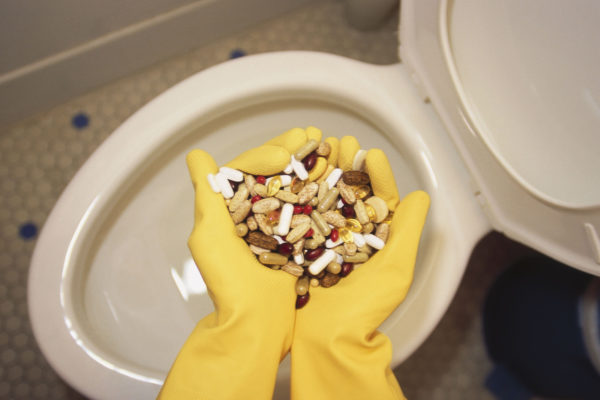
Editor’s pick of Hans Wildiers, MD, PhD, medical oncologist, University hospital Leuven
In 2011, the International Society of Geriatric Oncology (SIOG) published the SIOG 10 Priorities Initiative, which defined top priorities for the improvement of the care of older adults with cancer worldwide. As many progress has been made since then, SIOG has updated its priority list and hopes that it will offer guidance for international and national endeavours to provide adequate universal health coverage for older adults with cancer.
In 2011, the International Society of Geriatric Oncology (SIOG) published the SIOG 10 Priorities Initiative to define the top priorities for the advancement of geriatric oncology worldwide. This document was created to guide policymaking and to develop education, clinical practice and research. Since 2011, a substantial amount of progress has been made in geriatric oncology research. For example, SIOG and other expert societies such as the American Society of Clinical Oncology, European Society for Medical Oncology, and US National Comprehensive Cancer Network have developed guidelines and consensus statements on the basis of current and relevant clinical research to provide evidence-based care for older people with cancer. In addition, the number of geriatric oncology programmes has increased. However, as the number of people older than 60 years will continue to increase, chronic diseases such as cancer have become a major public health issue. Furthermore, international health policy developments have occurred, such as the shift of emphasis by WHO from communicable to non-communicable diseases and the adoption by the UN of its Sustainable Development Goals 2030. As there thus still is a need to continue the development of initiatives to improve the quality of care for older adults with cancer, and to translate them into broad standards of care, the SIOG recognised the need to update its 10 Priorities Initiative. An international multidisciplinary working group was established at the end of 2018 representing medical oncology, geriatrics, surgery, radiation oncology, anaesthesiology, nursing, and patient advocacy. Input was sought from international health organisations, professional societies, and patient groups.
Below you can find a summary of the updated SIOG Top Priorities for the global advancement of care for older adults with cancer.
Education
Clinical practice
Research
Collaborations and partnerships
The SIOG strives to harmonise its updated 12 priorities with other global agendas, notably UHC and SDG3. The SIOG Top Priorities Initiative fits into the broad and long-term achievements of SIOG and its partners as well as worldwide efforts that have been progressing over the past decade. These goals can be achieved by building large and sustainable international networks for ultimately attaining worldwide health coverage for all.
Reference
Extermann M, Brain E, Canin B, et al. Priorities for the global advancement of care for older adults with cancer: an update of the International Society of Geriatric Oncology Priorities Initiative. Lancet Oncol. 2021;22:e29-36.